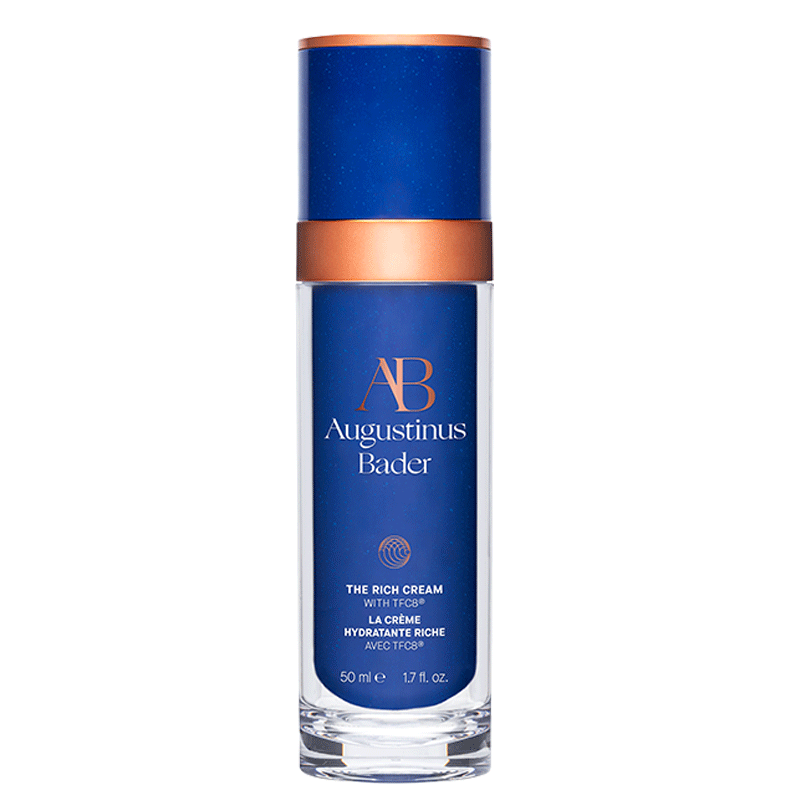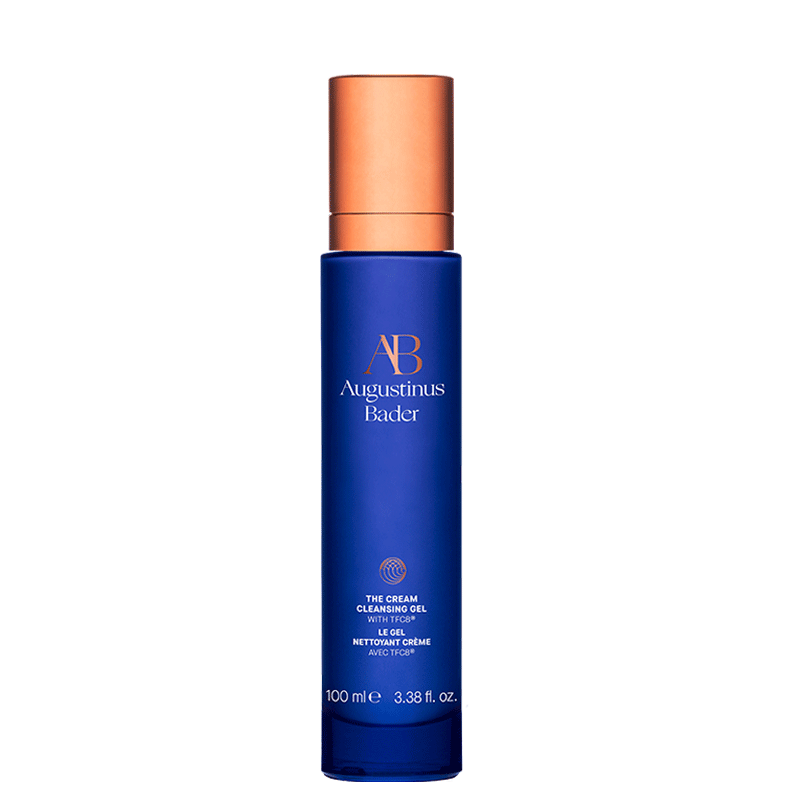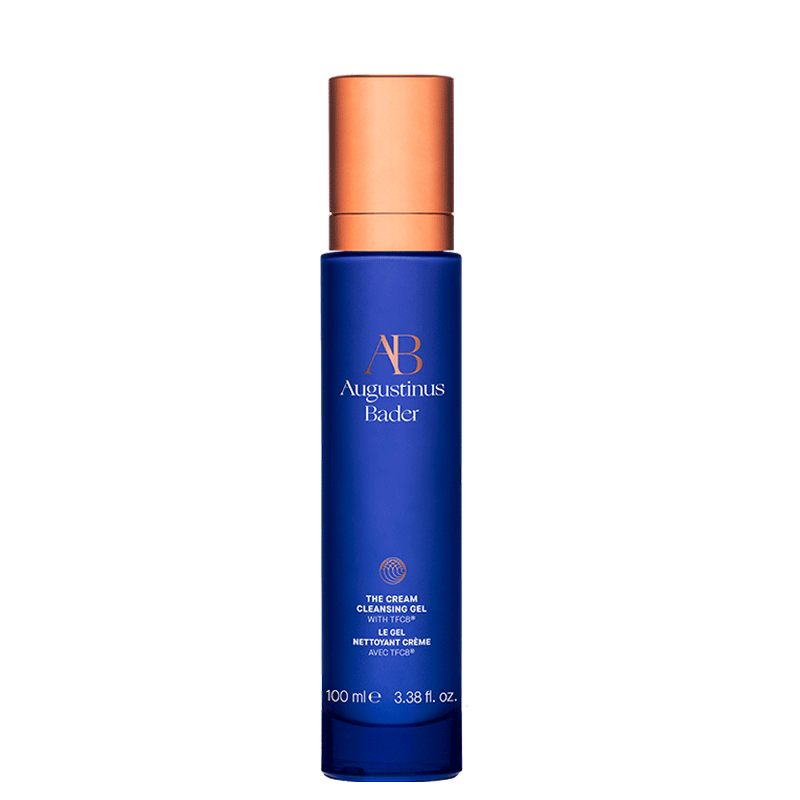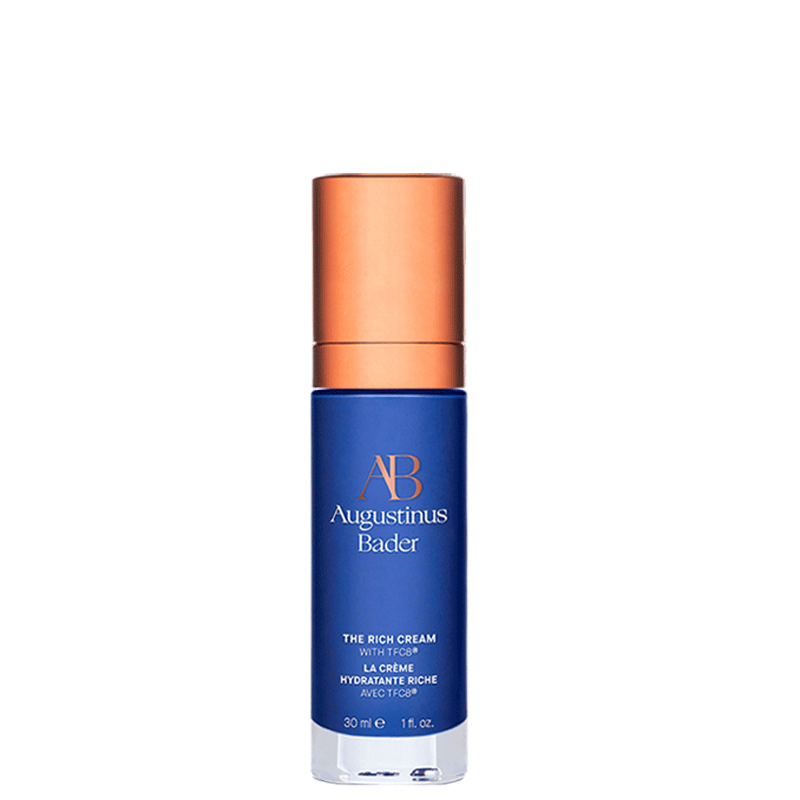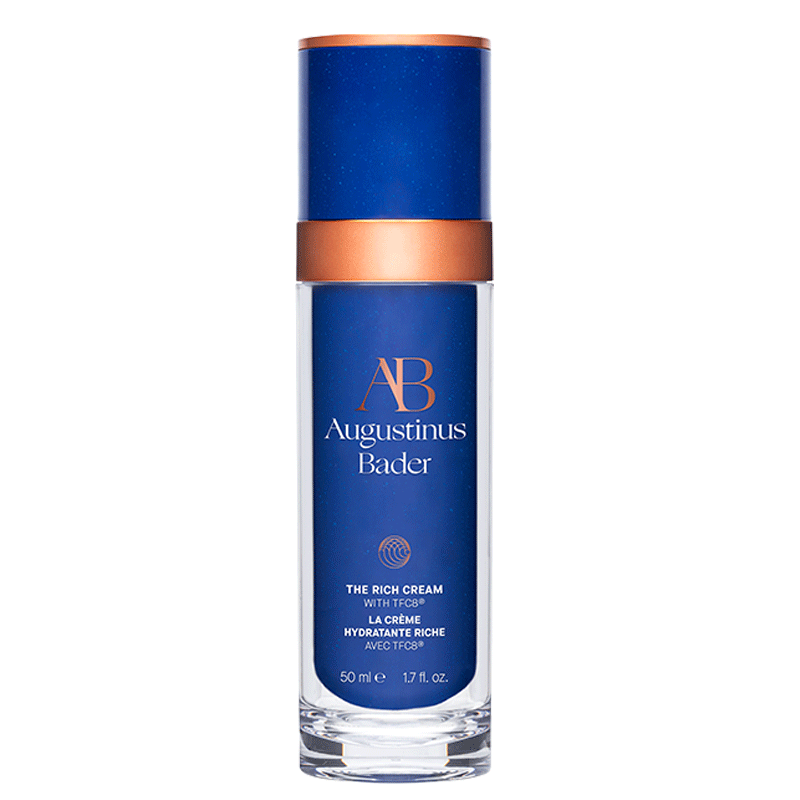Augustinus Bader Contributor and award-winning medical and cosmetic doctor, Dr. Ewoma, takes over the Bader Journal each week to answer some of your most commonly asked questions on application, ingredients, and skin concerns. This week, Dr. Ewoma explains the difference between good and bad alcohols and why they're used in skincare.
Alcohol in skincare
There are a lot of misconceptions surrounding alcohol in skincare, so identifying why alcohol is used and the types to avoid is one of the simplest places to start. From here you can get a better understanding of the products you might want to avoid or steer away from.
Why are products formulated with alcohol?
One of the main reasons why skincare brands use alcohol in their formulas is to create that sought after light, weightless feel, so in this sense it can be useful for formulation purposes to ensure all the other ingredients work well together. Alcohol is also used to assist the penetration of active ingredients, like retinol, into your skin - unfortunately in doing this it also has a damaging effect on your skin’s barrier. Most alcohols used in cleansers, gel moisturisers and toners instantly dehydrate, strip natural oils and damage the skin.
Due to the cooling, refreshing sensation alcohol based products create, there is a common misconception that they work well with oily or spot prone complexions - this isn’t correct. In fact, long term usage of these types of products will ultimately increase greasiness and pore size as it can stimulate oil production at the base of the pore. Research has shown use of alcohol-based acne products will lead to further irritation, inflammation and dryness and lead to an increase in acne-causing bacteria.
Types of alcohol: good and bad

SD alcohol 40, denatured alcohol, ethanol, and isopropyl alcohol are what we refer to as ‘bad alcohols’ but sometimes they do have a place. For instance in spot treatments when the main objective is to ‘dry out’ the area. It often depends on the quantity, with drying alcohols used in moderation and according to what your skin can tolerate.
There are of course, good types of alcohol too - while the bad types are referred to as ‘simple alcohols’ these are known as ‘fatty alcohols’. Fatty alcohols work to draw in moisture and are typically used as emollients in products and can be beneficial for drier skin types. Examples of this type of alcohol are cetyl alcohol and stearyl alcohol, which are sometimes known as hydrating alcohols and work to soften the skin.
The general consensus is alcohol ultimately isn't great for your skin with the exception of the aforementioned fatty alcohols. As a preventative measure, try to reach for nourishing, gentle and non-stripping alternatives to protect your all important skin barrier. However, if you have already used alcohol-based skincare products, the good news is implementing some deeply reparative, hydrating products into your routine will do the world of good. Products like The Rich Cream would be particularly beneficial here; supporting the skin barrier function, it's boosted with restorative actives like Vitamin E and antioxidants like argan oil which work to rebuild the skin's hydrolipidic film and prevent transepidermal water loss.
Have a question or concern you'd like Dr. Ewoma to address? Head to our Instagram and let us know in the comments.


